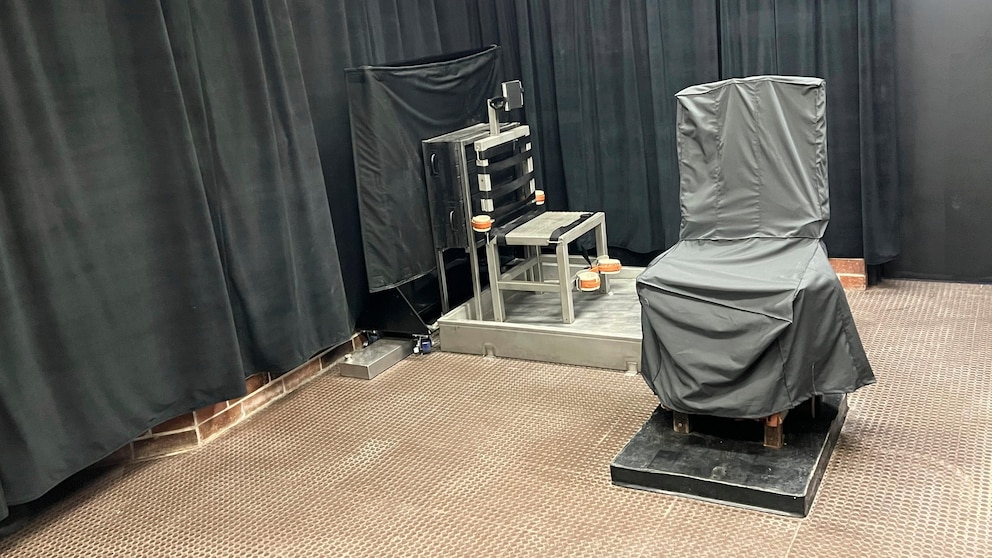Justices Seek Additional Information on Lethal Injection Drug Prior to Resuming Executions
In recent years, the use of lethal injection as a method of execution has come under scrutiny due to concerns about the drugs used and their potential to cause unnecessary pain and suffering. As a result, many states have put a hold on executions until further information can be gathered and reviewed. The Supreme Court justices are now seeking additional information on the lethal injection drug, hoping to make an informed decision on whether to resume executions.
Lethal injection has been the primary method of execution in the United States since the 1970s. It was introduced as a supposedly more humane alternative to other methods such as hanging, electrocution, or firing squad. However, recent botched executions and reports of inmates experiencing excruciating pain during the process have raised serious concerns about the constitutionality and ethics of lethal injection.
The primary drug used in lethal injections is sodium thiopental or pentobarbital, which is a barbiturate that induces a deep coma-like state before stopping the heart. However, obtaining these drugs has become increasingly difficult due to pharmaceutical companies refusing to sell them for use in executions. This has led some states to turn to alternative drugs or compounding pharmacies, which can create custom-made drugs outside of FDA regulations.
The lack of transparency surrounding the sources and quality of these alternative drugs has raised concerns about their efficacy and potential for causing unnecessary pain. In some cases, inmates have been reported to gasp, convulse, or take an unusually long time to die, suggesting that the drugs used may not be as effective as intended.
To address these concerns, the Supreme Court justices have requested additional information on the lethal injection drug. They are seeking data on the efficacy, safety, and potential risks associated with the drugs used in lethal injections. This information will help them make an informed decision on whether to resume executions and ensure that the process is carried out in a constitutional and humane manner.
The justices are also considering the constitutionality of lethal injection as a method of execution. In 2008, the Supreme Court ruled in Baze v. Rees that lethal injection does not violate the Eighth Amendment’s prohibition against cruel and unusual punishment. However, this decision was made based on the assumption that the drugs used would be administered properly and effectively. The recent concerns about the drugs used and their potential to cause unnecessary pain have raised questions about the constitutionality of lethal injection.
In addition to seeking information on the drugs themselves, the justices are also considering the broader implications of lethal injection as a method of execution. They are examining whether there are alternative methods that would be more humane and less prone to error. Some argue that other methods, such as nitrogen gas or firing squad, may be more reliable and less likely to cause unnecessary pain.
The Supreme Court’s request for additional information on the lethal injection drug is an important step towards ensuring that executions are carried out in a constitutional and humane manner. By gathering data on the drugs used and their potential risks, the justices can make an informed decision on whether to resume executions and address concerns about the constitutionality of lethal injection. Ultimately, this process will help determine the future of capital punishment in the United States and whether alternative methods should be considered.



